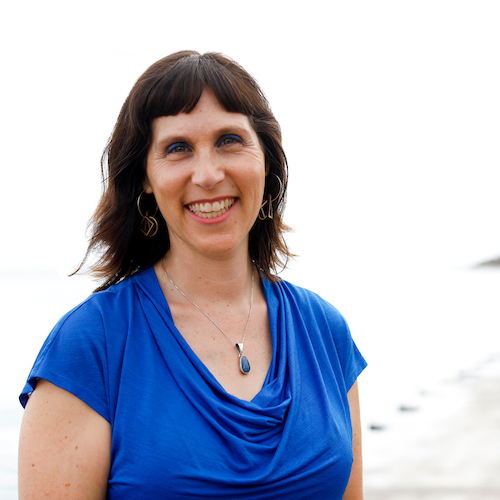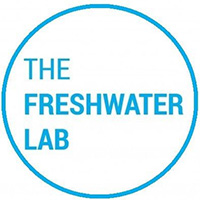
Intention: By focusing on the Chicago Sanitary and Ship Canal, I want to return to the city’s original sin of sending its waste south to afflict downstate Illinois, southern states and the Gulf of Mexico. The reason for taking up the early 20th Century sin now is that the environmental and public health abuses have mounted. The Dead Zone in the Gulf of Mexico fed, in part, by Chicagoland’s wastewater has grown to the size of New Jersey and shows no signs of abating. Flooding in Chicago and throughout Illinois has become an expected disaster even as other parts of the Midwest and West face crippling droughts. A water system created to allow industries to pollute with impunity and metropolises to foist their wastes on vulnerable communities is out of date and dangerous in the 21st Century. Confronting the shortcomings of the past is a key step to re-envisioning a better future in Chicago, Illinois and the Great Lakes watershed. I look to culture and storytelling as ways to engage the broader public in acts of reimagining our infrastructure and environment.


